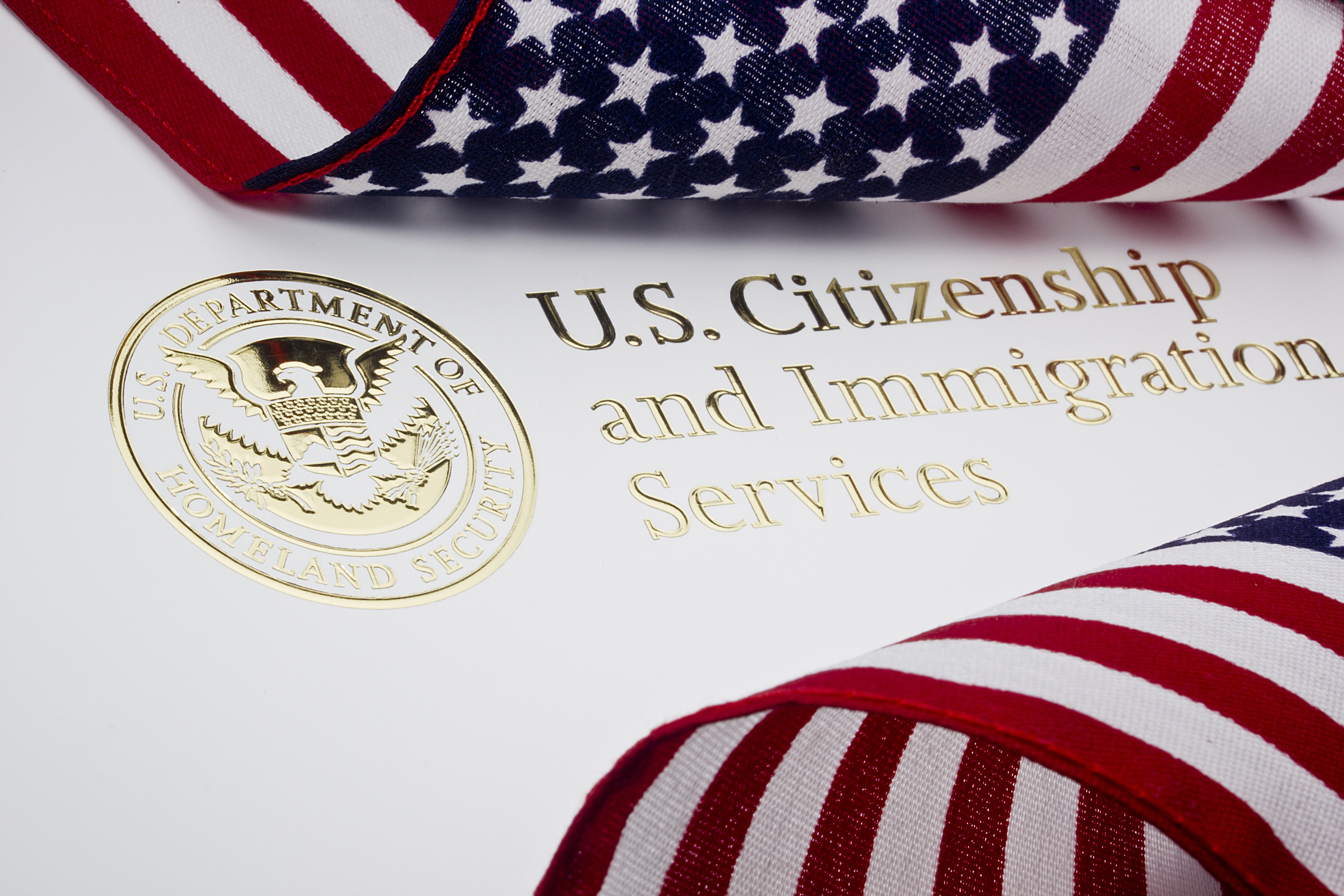In today’s climate, Immigration law is complicated and changing every day.
 It can be frustrating and sometimes, indescribably heartbreaking. We understand your vision of a productive and fruitful life means everything.
It can be frustrating and sometimes, indescribably heartbreaking. We understand your vision of a productive and fruitful life means everything.
Right now the immigration landscape is changing virtually daily and it is impossible to stay up to date and follow the consistently changing rules, by yourself. With the inaccurate information being disseminated it is imperative to have the right team on your side to help you achieve the dream of your vision for you and your family’s life.
Let the One Path Team help you properly accomplish the life that immigration law complexities may be keeping you from living. You are not alone!

